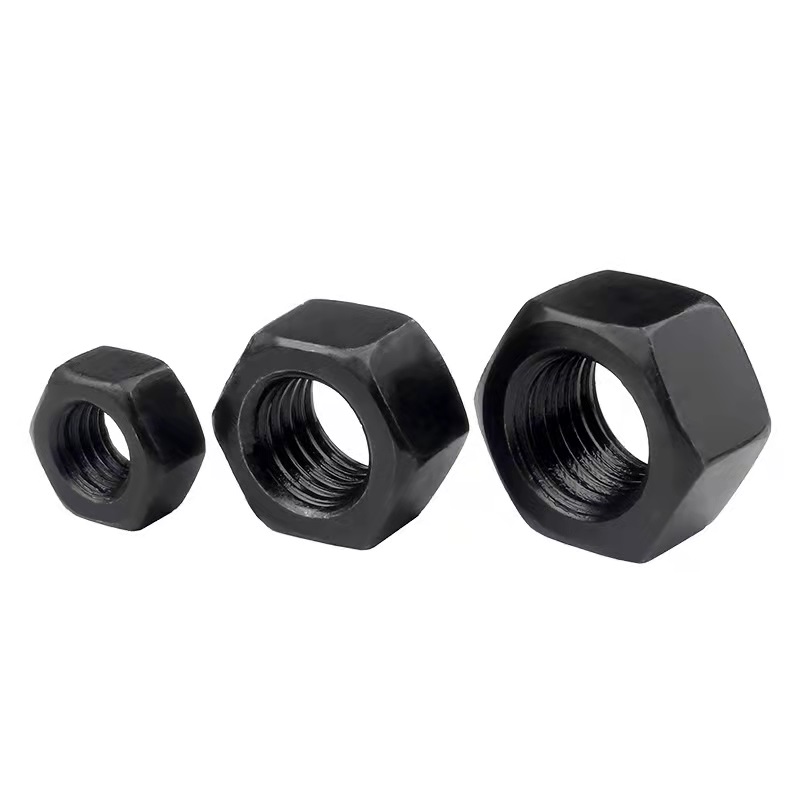screws
Nov . 12, 2024 01:29 Back to list
screws
The Unsung Heroes The Importance of Screws in Our Daily Lives
Screws may seem like simple mechanical components, often overlooked in the grand scheme of things. However, their significance in various aspects of our daily lives cannot be understated. These small but mighty fasteners are the backbone of countless structures, devices, and mechanisms that we rely on every day, from the mundane to the extraordinary.
At its core, a screw is designed to convert rotational motion into linear motion, effectively holding objects together. This seemingly straightforward function plays a critical role in the assembly of products ranging from furniture to automobiles. The unique thread design of screws allows them to grip materials and provide a secure fastening that can withstand significant stress and strain. This characteristic is essential in ensuring the stability and durability of structures that we often take for granted.
Consider the furniture in your home. From bookshelves to tables, screws are integral to their assembly. Manufacturers often rely on screws for quick and efficient assembly lines, facilitating the mass production of goods. The convenience of flat-pack furniture that you can assemble yourself is made possible by the reliable fastening capabilities of screws, allowing people to easily transport and set up items in their homes. Without screws, the concept of modular furniture would be vastly different, if not impossible.
The automotive industry is another area where screws play a pivotal role. Every vehicle consists of thousands of parts, many of which are held together by screws. The safety and performance of cars depend on the strength of these fasteners. Engineers meticulously design components and specify the type of screws needed to ensure that each part functions as intended. This level of detail is critical because improper fastening could lead to mechanical failures and, consequently, safety hazards on the road.
screws

In technology, screws are equally vital. They are essential for assembling electronic devices such as smartphones, laptops, and televisions. The delicate components within these devices require precision and security, which screws provide. The constant evolution of technology means that the types of screws used are also evolving, with manufacturers developing specialized screws designed for specific applications. This innovation ensures that our devices remain compact, lightweight, and effective.
Beyond their functional uses, screws have an interesting history that reflects advancements in engineering and manufacturing. The first screws, believed to have appeared around the 3rd century BC, were made of wood and used for various mechanical functions. Over time, metal screws emerged, revolutionizing construction and manufacturing. Today, materials such as stainless steel, brass, and plastic are used to create screws that cater to different environments and applications, demonstrating the versatility of this simple fastener.
Moreover, the design of screws continues to innovate. Various head types, like Phillips, flat, and Torx, have emerged, each offering unique advantages for specific tasks. This ongoing evolution ensures that screws can meet the diverse needs of industries ranging from construction to electronics.
In conclusion, while screws may be small and often go unnoticed, their contribution to our daily lives is immense. From providing stability in furniture to ensuring the safety of vehicles and facilitating the function of electronic devices, screws are the unsung heroes of modern technology and construction. They are a testament to the ingenuity of engineering and serve as a reminder that even the simplest components can have a profound impact on our world. So, the next time you assemble a piece of furniture or drive your car, take a moment to appreciate the humble screw and its vital role in making our lives easier and safer.
Latest news
-
High-Quality Panel Stud Bolt Reliable Panel Stud Bolt Factory & Suppliers
NewsJul.08,2025
-
High-Precision Fine Thread Locknuts Manufacturer & Supplier Custom Solutions
NewsJul.08,2025
-
PH Imperial Stud Bolt – High Strength Fasteners from Leading Supplier & Factory
NewsJul.07,2025
-
High-Quality Allen Wrench Bolts Leading Factory, Company & Suppliers
NewsJul.07,2025
-
Wholesale Ball Stud Bolt - High Quality Supplier & Factory Price Reliable Wholesale Ball Stud Bolt Company
NewsJul.06,2025
-
High-Strength Alloy Bolts Manufacturer & Supplier Quality Alloy Fasteners Factory
NewsJul.06,2025
